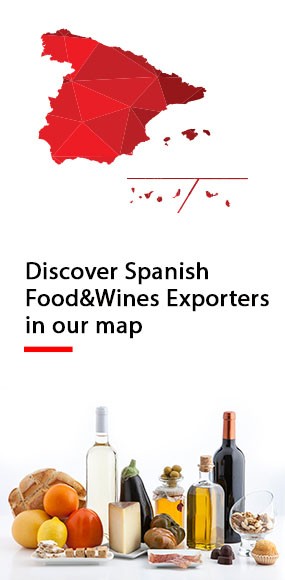.png.transform/rendition-xs/image_image%20(1).png)
Sustainable Products, Projects and Plans by Spanish Food & Beverage Companies
Spanish companies don’t just talk about sustainable best practices, they implement them—just one more reason why the Spanish food industry is a benchmark for the rest of the world.
Sustainability is the buzzword on everyone’s lips nowadays, describing the growing trend that is fast becoming the sign of our times as we forge ahead into an era that, like it or not, will certainly be marked by both environmental challenges and uncertainty. But when it comes to Spanish companies, this word signifies much more than just a trend, it defines both the reality and commitment of these businesses to carrying out sustainable good practices as they lay the groundwork for the future.
Many Spanish companies have been developing sustainable products, projects and plans for several years now, often in conjunction with Spanish universities, research organizations and/or government-sponsored initiatives. Others have invested heavily in their R+D+i departments in an effort to create more sustainable and innovative goods and practices. Whatever the case, many Spanish companies are at the forefront of this movement, thanks to the development and implementation of sustainable projects that are worthy of both mention and acclaim.
The following is a small sampling of six noteworthy projects that have been undertaken by Spanish companies in the spirit of sustainable good practices. All of these businesses form part of the Red Española de Pacto Mundial, the network of Spanish companies that have become partners of the United Nations Global Compact, a voluntary initiative based on company commitments to, “implement universal sustainability principles and to take steps to support UN goals.” Thus far, this compact boasts nearly 10,000 companies in 159 countries across the globe.
Grupo Calvo, “Zero Waste Project”
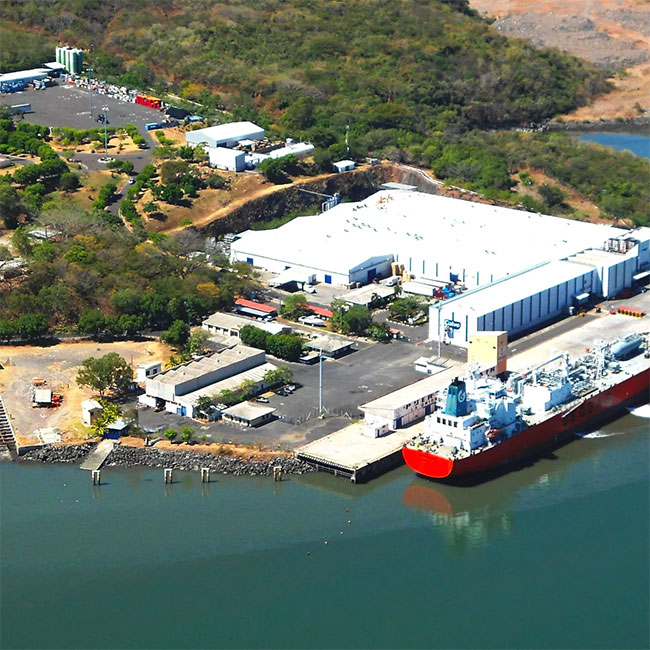
Started in Spain in 2017 by Grupo Calvo, a giant in the Spanish conservas (fish and seafood canning) sector, the goal of this project is to improve waste management and treatment in both production plants and offices. One of the goals is to reach zero waste by 2025 at the company’s Carballo production center in Galicia. This means that 100% of the non-hazardous waste produced at this factory would be classified and subjected to “value enhancement,” resulting in its conversion into raw materials or energy, and thereby keeping it out of landfills. This project has also been implemented in the company’s factories and offices in El Salvador, Costa Rica and Brazil since 2018.
Grupo Conservas Garavilla, “Responsible Quality”
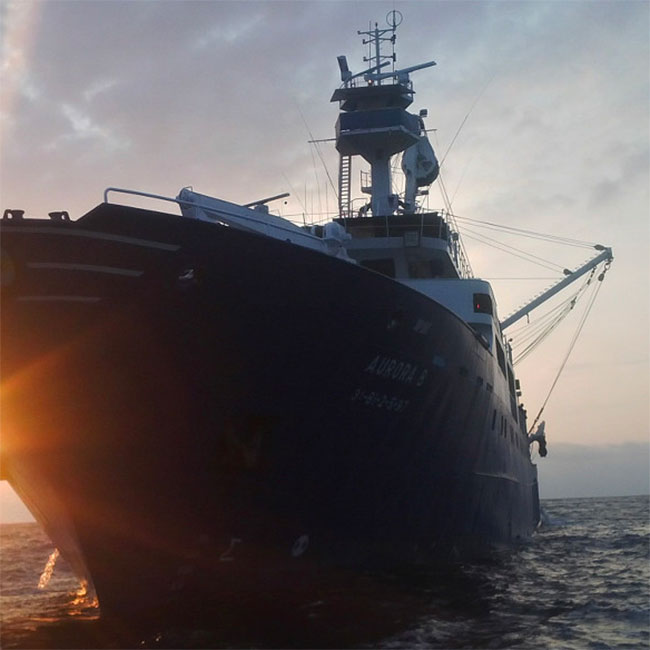
Spearheaded by another company from the Spanish fish and seafood canning industry, this project centers on the responsible and sustainable traceability of all of the company’s products, ensuring that best practices are implemented from the time the products are taken from the sea until they arrive to your dinner table. Carried out in cooperation with the International Sustainable Seafood Foundation, the project also focuses on the promotion of a healthy diet and the fight against food waste.
Fruits de Ponent, Action against Climate Change
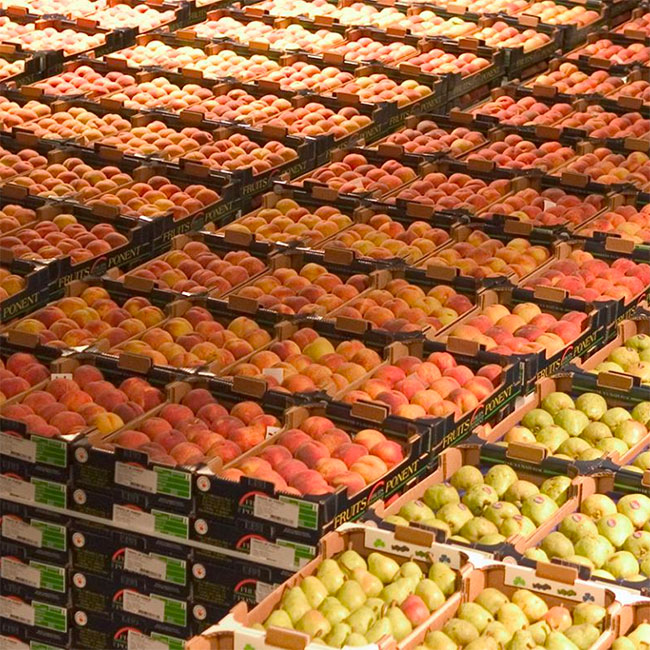
This trading cooperative represents nearly 180 fruit producing families in Catalonia, Aragón and the Ebro River Basin. Therefore, it should come as no surprise that the focus of this project is the continuation of the company’s ongoing commitment to implementing sustainable practices that will contribute to the reduction of greenhouse gases per ton of fruit produced, by using, among other things the most efficient methods possible, as well as technologies that are respectful of the environment.
Coato, Promoting Sustainable Agriculture
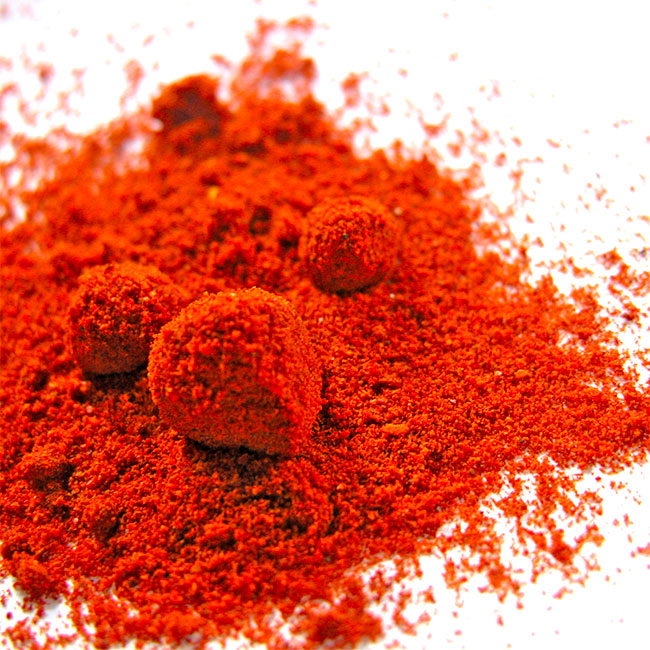
Located in the town of Totana (Murcia), this agricultural cooperative represents producers of pimentón, fresh fruits and vegetables, almonds, olive oil, honey and other agri-food products. Since 1998, Coato has been committed to helping its members minimize the environmental impacts associated with agriculture by promoting sustainable practices and programs that have included shifting to organic agriculture, developing bio-technology, conserving water and soil, protecting valued landscapes, etc.
Mahou San Miguel, Sustainable Water Management
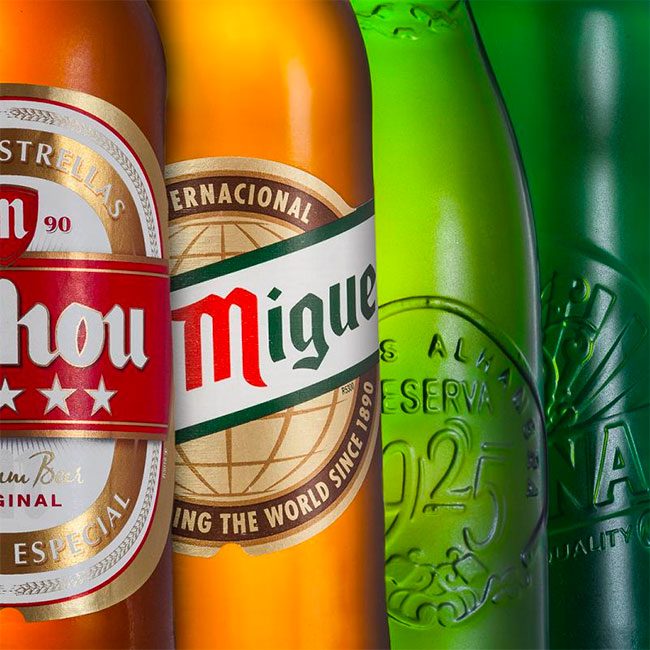
That a beer company should be interested in clean water and efficient water management sounds like good business, but Mahou-San Miguel has managed to turn this interest into good sustainable practices that produce massive results in terms of saving both water and energy. This ongoing project involves collecting, filtering and recycling the water that is used in rinsing empty beer bottles. It is then repurposed for the pumps for the refrigeration systems that are used throughout the rest of the beer-making process. If this weren’t enough, Mahou San Miguel has also just published a guide to good and sustainable practices in conjunction with the Red Española de Pacto Mundial.
Ebro Foods, Sustainable Agriculture Initiatives
This Spanish food-industry giant represents a range of different food companies, the most important of which comprise its “rice division,” one of three, which dates back to 1950 and accounts for 52% of Ebro’s total sales. It is here that the company has implemented a project together with the Sustainable Agriculture Initiative, to promote sustainable rice farming practices by educating producers with regard to crop protection, the environment, diversity and fertilization.

